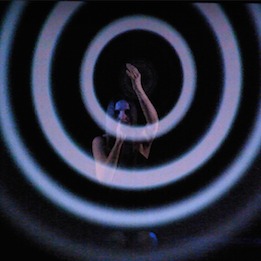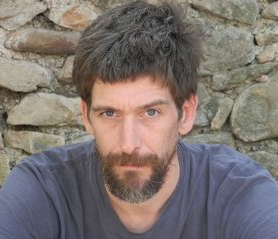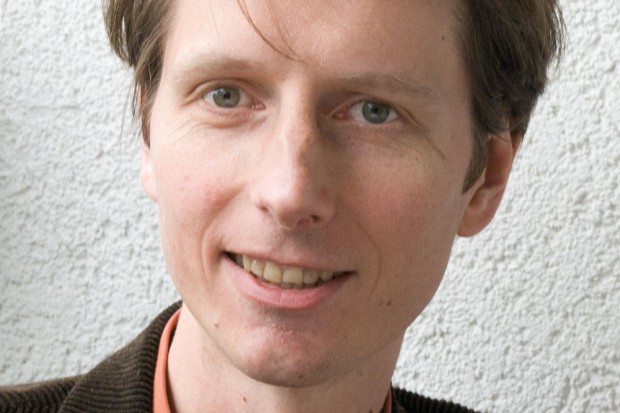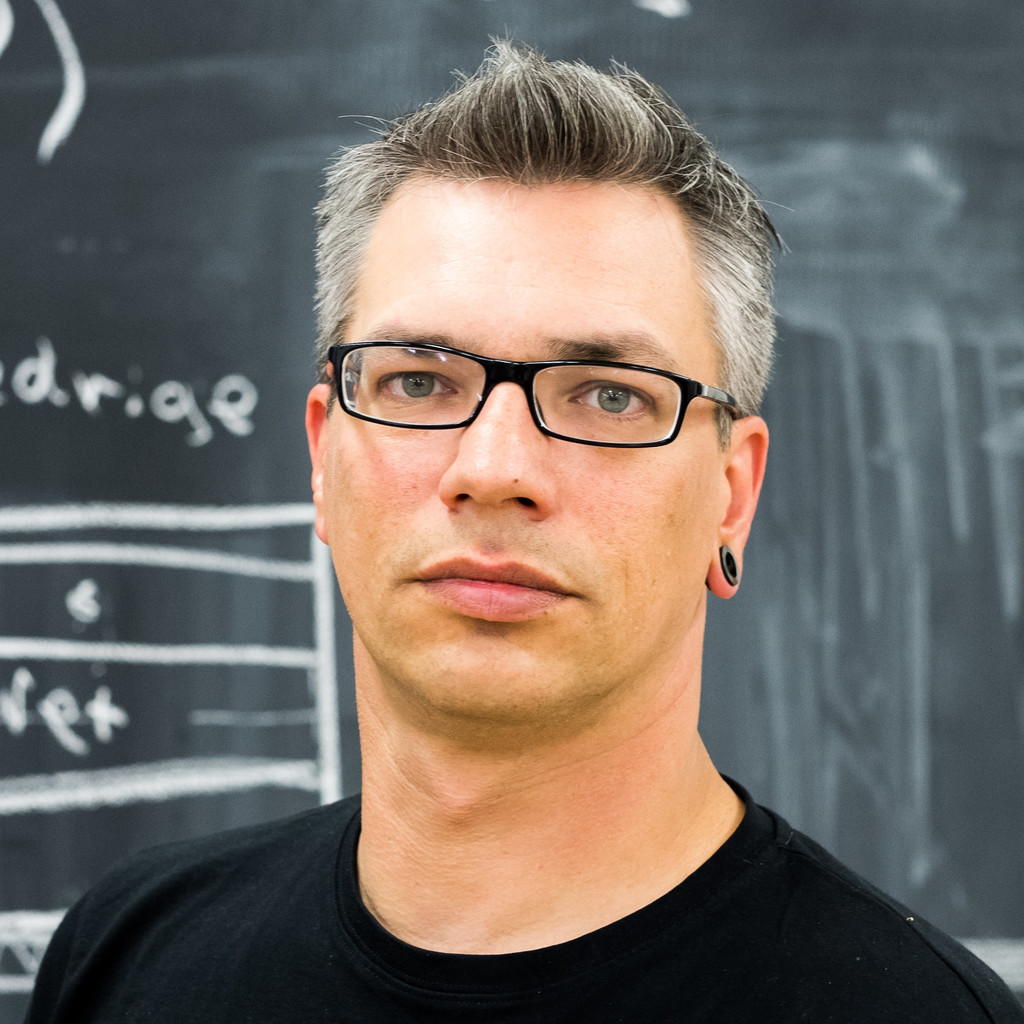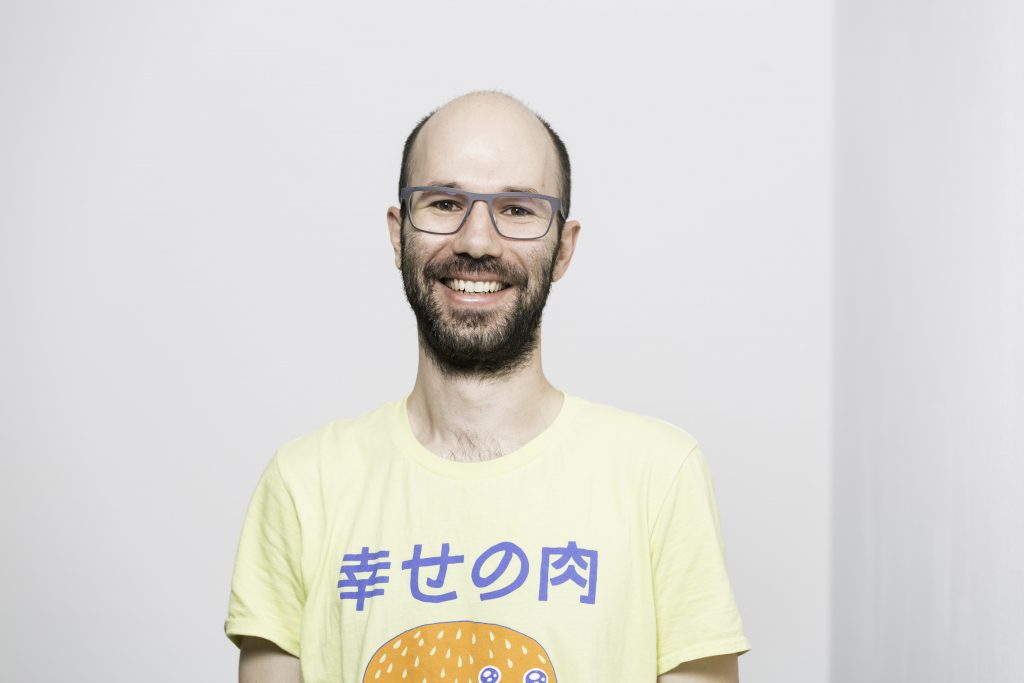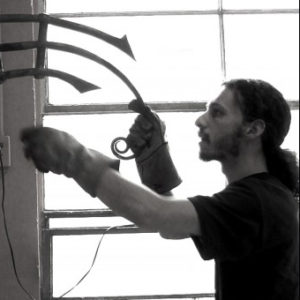Symposium Session 2: The Hope of Technology
Technology has long been an inseparable twin of hope. Starting with the invention of metals and firearms, a symbiotic relationship between technology and power has been formed. The invention of computers created great hopes, with a vast potential of new possibilities and completely new stakeholders.
Only 15 years ago since techno-evangelists proposed digital technology will give everyone a chance to voice their own opinions, foster individualistic thinking, and dilute hierarchy and power structures by giving the power to the people. This has not happened.
While technology is producing more and more options, it seems like it provides hope mostly to a selected elite. And the big hopes like preventing the irreversible destruction of our ecosystem, create a sustainable lifestyle, end war, poverty or social injustice are strangely remote and absent. The voices of critical engineers and designers look like more and more difficult to integrate.
Is there any hope? We believe it is.
But how we can start? By understanding the issues. By studying the past. By studying the presence.
And what next? Change the narrative.
Laugh.
Jacob Lefton gave an introduction to some of the things we take into account when designing a peacebuilding process, and why we do these things, based on what we’ve learned about how to effectively use technology in peacebuilding. Specifically, we ask questions about participation and social access, the political space, the appropriateness and accessibility of technology and process, and the ethics — both in terms of the mechanics of the peacebuilding intervention and the specific issues of technology. Finally, some aspects of peacebuilding are hyper-contextual. We have to be flexible in our testing and piloting process, because what we know to be true in one context may be quite different in another.
further talks by
Michael Hirdes
Benedikt Gross
Maria Yablonina
ATER PORTRAYING LOW- TECH SOLUTIONS THE POLITICAL DIMENSION WERE INTRODUCED.
Kris de Decker talked about THE PROMISE OF LOW TECHNOLOGY: People in Western societies have lost their faith in God, but now “believe” in technological progress. In the context of sustainability, new technology offers the hope that we can maintain an energy-intensive lifestyle without destroying the natural environment that we depend on.
Fabian Scheidler gave a lecture on „technological progress“ who he often sees as presented as a quasi-natural process without any alternatives. However, all technologies are shaped by economic, political, military and ideological power structures. Within the framework of the capitalist “Megamachine” technological development is designed to serve the endless accumulation of capital and a Matrix of delusion. By turning citizens into self-surveilling consumer-infants, large parts of the population are distracted from the most urgent issues of our times, namely the looming ecological collapse, nuclear war and radical social injustice.
third talk by
Gaynor O’Flynn
